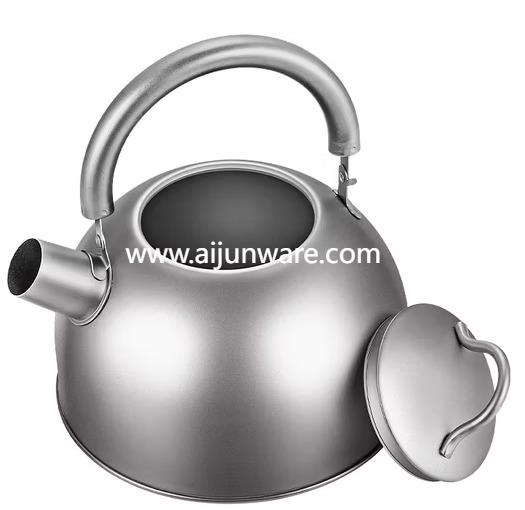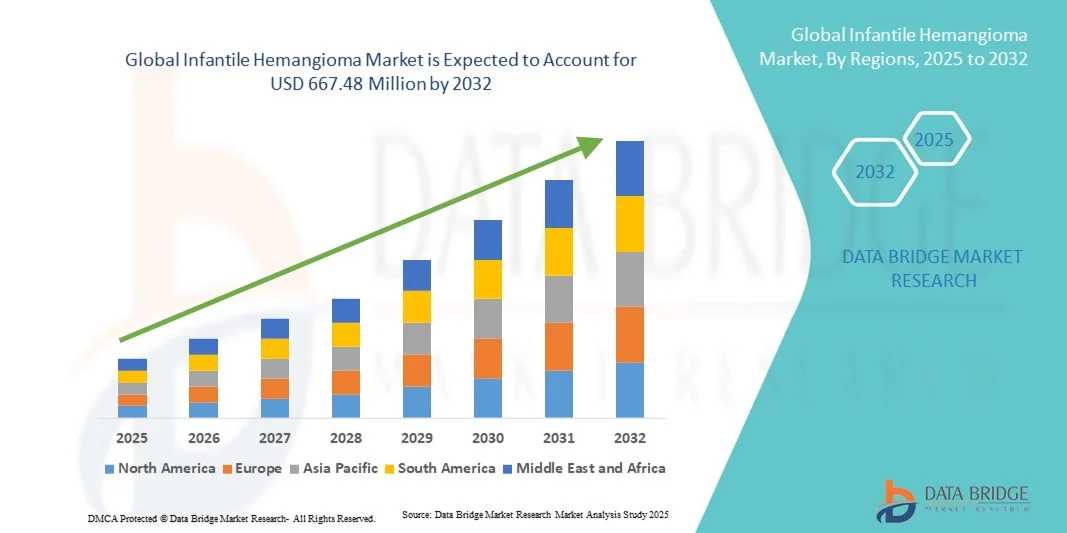Precision Agriculture Technologies Revolutionizing Farming Efficiency and Productivity

The rise of Precision Agriculture Technologies is transforming the farming landscape by leveraging advanced tools and data-driven insights. These technologies enable farmers to make informed decisions that optimize crop yields, reduce waste, and improve overall efficiency. From GPS-guided equipment to sensor-based irrigation systems, precision agriculture is redefining modern farming practices.
At the core of precision agriculture is the integration of data analytics and technology to enhance farming operations. By using satellite imagery, drones, and IoT-enabled sensors, farmers can monitor soil conditions, crop health, and environmental factors in real-time. This granular visibility allows for targeted interventions, such as applying fertilizers or pesticides only where needed, minimizing costs, and reducing environmental impact.
One of the most significant innovations in this sector is GPS-guided machinery. Tractors, planters, and harvesters equipped with GPS systems ensure accurate planting, fertilization, and harvesting. This level of precision reduces overlaps and gaps in the field, enhancing productivity while conserving resources. Coupled with automated machinery, farmers can achieve consistent results with minimal human intervention.
Drone technology has emerged as another game-changer in precision agriculture. Drones can capture high-resolution images of farmland, identifying crop stress, pest infestations, or nutrient deficiencies. These aerial insights allow farmers to respond quickly, preventing potential losses and improving overall crop quality. Additionally, drones help in mapping large agricultural areas efficiently, saving both time and labor.
IoT-based sensors also play a crucial role in modern agriculture. Soil moisture sensors, weather stations, and nutrient analyzers provide real-time data that guides irrigation schedules and nutrient management. By monitoring soil health continuously, farmers can optimize water usage and fertilizer application, leading to sustainable and cost-effective farming practices.
Another aspect gaining traction is variable rate technology (VRT). VRT enables equipment to apply inputs like fertilizers, seeds, and pesticides at variable rates based on field conditions. This ensures that every part of the field receives exactly what it needs, improving yield and reducing unnecessary input costs. Combined with AI-driven predictive models, VRT helps farmers make proactive decisions for better crop management.
Moreover, precision agriculture facilitates farm management through software platforms. These platforms consolidate data from multiple sources, allowing farmers to track field performance, monitor equipment, and forecast yields. Insights derived from these platforms empower farmers to implement strategic decisions, optimize resources, and increase profitability.
The adoption of precision agriculture technologies is also contributing to sustainability in farming. Reduced use of chemicals and water, along with efficient land management, lessens the environmental footprint of agricultural activities. This aligns with global efforts to promote eco-friendly farming while ensuring food security for the growing population.
As technology continues to evolve, the future of precision agriculture looks promising. Innovations such as AI-powered analytics, robotic harvesters, and advanced sensor networks are expected to further revolutionize the sector. Farmers adopting these technologies gain a competitive edge through higher efficiency, cost savings, and improved crop quality, ultimately shaping the future of modern agriculture.
FAQs
1. What is precision agriculture?
Precision agriculture refers to farming practices that use technology, data analytics, and automated equipment to optimize crop production and resource management.
2. How do drones help in precision agriculture?
Drones capture aerial images to monitor crop health, detect pests or nutrient deficiencies, and map fields efficiently, enabling timely interventions.
3. Is precision agriculture cost-effective for small farms?
Yes, while initial investment may be high, technologies like sensors and software platforms help small farms reduce input costs, improve yields, and achieve long-term savings.



